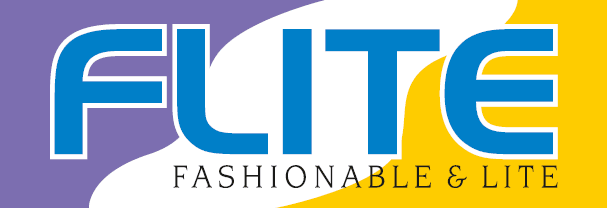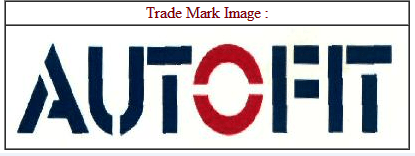Blog
A study of SP.Chockalingam Vs Controller of Patents and its Repercussions
In the case of SP.Chockalingam V Controller of Patents the Madras high court ruled that Indian lawyers can also act as Patent agents as per the Indian Patents Act, 1970 regardless of whether or not they have cleared the required Patent agents’ examination
In 2002 the Indian Patents Act, 1970 was amended wherein it was made mandatory that in order to become a patent agent one must possess a degree in science (technology or engineering)as opposed to a simple bachelor’s degree which was the eligibility criteria prior to the amendment. However in 2005 this requirement for a science degree was removed from the Indian Patents Act, 1970 (Section 126).
The case of the petitioners was challenging the 2005 amendment and in retrospective effect, the 2002 amendment also. In an interesting turn of events the Madras High Court pointed out that an individual who has a degree in law may be considered to be a social engineer as a law degree is a degree in social science. The effect of this judgment dissolved the intention and change caused by the 2002 amendment and brought back the legal status before the amendment in 2005. However this also meant that any lawyer with a science degree could become a patent agent and every lawyer could be a patent agent since the court ruled that lawyers were social engineers thus making lawyers virtually immune to the Examination required to be taken.
Interestingly the court further pointed out that science is an extremely vast subject and had different departments such as chemistry, physics, Astrophysics, Molecular Biology, Botany, and Zoology etc. and as such it cannot be assumed that a person who is studying Astrophysics or nursing would understand the complexities and nuances of a Patent case related to technology.
The court expressed its discontent with the monopolized system of selection of patent agents and said that a particular class of individuals cannot be excluded or included/ given preference based on prescribed academic qualification. Lawyers possess a right under 126 (1) (c) (i) of the Indian Patents Act, 1970 and it is in fact unconstitutional that the 2002 amendment was taking away this right. With reference to India’s obligations abroad internationally under the TRIPS/WTO agreements, the court held that such international commitments are in no position to override the constitutional mandates afforded to every citizen of India and the National sovereignty of India precedes any International commitment.
The 2005 amendment of section126 and the omission of clause c of the section was a clear indication that the intention of the amendment was to prevent lawyers from acting as patent agents and applying for patents on behalf of their clients. Merely presuming that lawyers cannot be considered competent to handle patent related cases amounts to ignorance of the expertise possessed by the legal community.
My Caring Brands
Brands and Fakes has aligned the capabilities of the service delivery eco system with the industry verticals, so that the Brands under various industry verticals and sub verticals are able to get services from expertise in their specific domains.
 Android
Android






























































